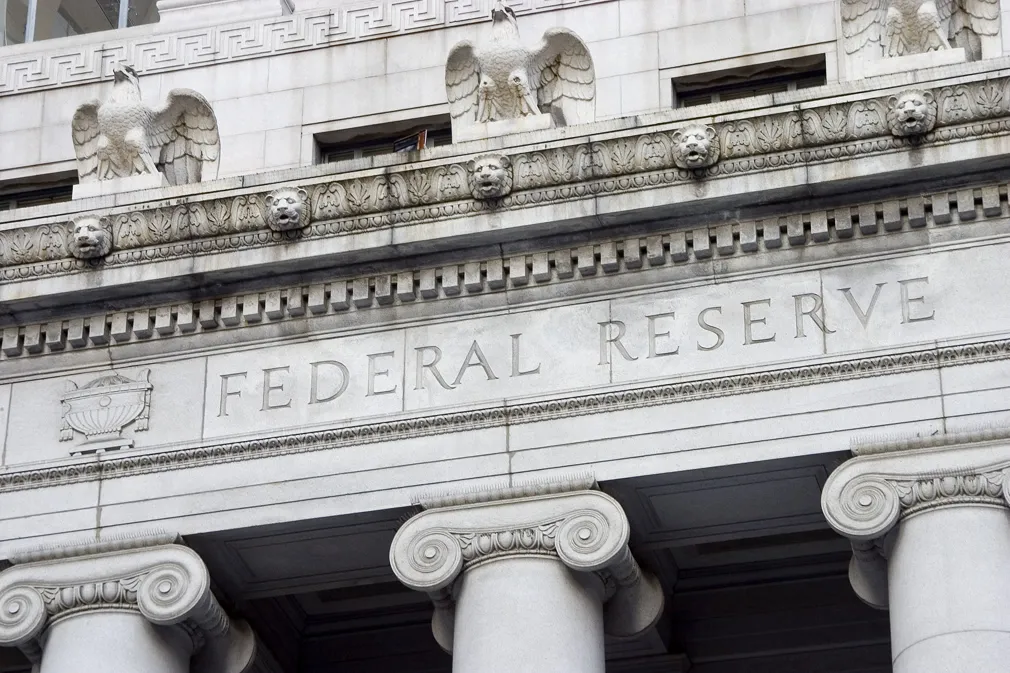as expected, United States Federal Reserve Chairman Jerome Powell did not set a timetable for rate cuts in his semiannual monetary policy report to Congress on Tuesday morning, as attendees complained about the impact of tightening monetary policy on the housing market.
Powell said that Fed officials have not yet arrived, but suggested that the U.S. economy can achieve a better balance of inflation and employment. According to the CME Fedwatch Tool, most monetary policy observers (about 70%) expect an interest rate cut at the September Fed meeting.
Powell told a congressional hearing that it would be appropriate to lower the target range for the federal funds rate once Fed officials become more confident that inflation is sustainably heading toward the 2% target.
He said data from the first quarter of the year did not support that greater confidence. Something to note: “However, the latest inflation data shows some modest further progress, and more good data will strengthen our confidence that inflation is continuing to move towards 2%.”
Regarding the labor market, Powell said that the U.S. economy has a “strong labor market,” but it is not an “overheated labor market.” The labor market “appears” to have returned to balance and is not currently the source of widespread inflationary pressures.
“If we ease policy too late or too little, we could harm economic activity. If we ease policy too much or too quickly, then we could undermine the progress of inflation. So we are very balancing those two risks,” Powell added.
affordability challenge
High housing costs and mortgage rates were mentioned several times during congressional hearings, with members saying they are current concerns among voters.
“Keeping interest rates too high for too long threatens workers’ wages and keeps other costs high,” said Sen. Sherrod Brown, D-Ohio, chairman of the Senate Banking, Housing and Urban Affairs Committee. Housing costs in particular “It’s not surprising that the income a household needs to get a mortgage has nearly doubled since the Fed started raising interest rates. “
Brown added that rising interest rates are making the housing shortage “worse, not better.” He said the U.S. needs more housing construction, but higher interest rates would have the opposite effect, “especially making multifamily construction harder to work financially.”
Powell agreed that the COVID-19 pandemic has created new distortions in the housing market and that the Fed’s tightening policies are affecting the housing industry.
“But I would also say the best thing we can do in housing is to successfully get inflation down to 2% sustainably so that interest rates come down and the housing market returns to pre-pandemic normality, It’s still a housing shortage,” Powell added.
Basel III Endgame Rules
The Basel III rules, also known as the Basel Endgame, were criticized by participants at congressional hearings. They significantly increase bank capital requirements and, if implemented, would impact the mortgage industry.
Ranking Member Tim Scott (R-S.C.) said the proposal was an example of “over-regulation” that would “cost millions of Americans the opportunity to own a home.” He added that this would “force more money to the fringes of the world’s largest economy and out of the hands of first-time buyers”.
“We need transparency in the rulemaking process because this massive proposal lacks any kind of clear justification… That’s why I think a complete re-proposal of the Basel III endgame is absolutely necessary.”
However, Powell said that the Fed has held a series of discussions with other bank regulators over the past few months – Federal Deposit Insurance Corporation (FDIC) and office of the comptroller of the currency (OCC) – Regarding potential changes to the original proposal.
“I’m pleased to say that we’ve made considerable progress on these fronts and are very close to agreeing on the substance of these changes. I can’t be specific because nothing is agreed until everything is agreed, “Powell said.
Powell said revised proposals are typically put out for comment when broad, significant changes occur over a period of time, possibly 60 days. Final recommendations are expected early next year.
In the reaction, Mortgage Bankers Association Bob Broeksmit, MBA president and CEO, said in a statement that the association “fully agrees with Fed Chairman Powell’s comments that reintroducing the flawed Basel III endgame proposals is ‘necessary.'”
“Certain provisions of the proposal would harm the U.S. economy, reduce the availability of mortgage credit — especially to low- and moderate-income home buyers — and harm the broader single-family housing and commercial sectors,” Broxmit said. Adverse effects on the real estate financial market.
Broxmit called on the Federal Reserve, the Federal Deposit Insurance Corporation and the Office of the Comptroller of the Currency to “rescind this proposal and conduct rigorous quantitative analysis and allow ample time to listen to stakeholders before re-proposing any new capital framework.” feedback of.

